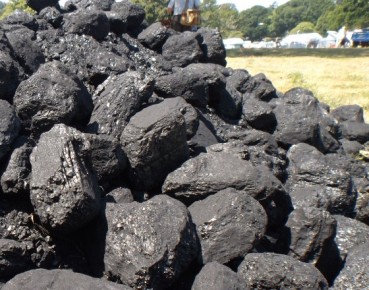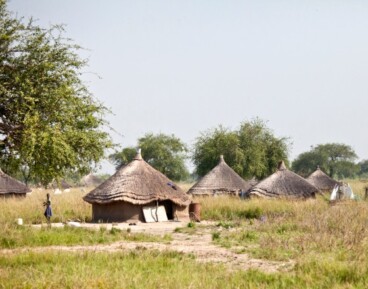German automotive industry at a crossroads
Category: Business

(oatsy40, CC BY 2.0)
In early February, Mr. Macron called for closer ties with Poland in shaping the EU without the UK and in particular European security and relations with Russia. He offered French know-how to help Poland’s plans to develop nuclear energy, and European financial support for the “huge effort” of phasing out coal which remains Poland’s chief energy source.
Poland’s Prime Minister Mateusz Morawiecki later addressed the issue, saying the EU’s plan to impose a carbon tax at the bloc’s border could be a new source of revenue to help fill a hole in the EU’s next budget, following Brexit. Options for a carbon border adjustment mechanism include a tax and a requirement for importers to buy pollution permits, with a draft law due next year. There are warnings it could trigger retaliation from China and the US.
Warsaw has been criticized over its reluctance to throw its political support — Poland is the fifth largest EU member as of February 2020, by population and thus voting power — behind ambitious action on climate. Poland’s planned expansion of its Turów lignite mine on the Czech border is undermining bilateral ties and raising questions about its compliance with EU regulations. Poland has some of the worst air quality in the EU. Environmentally damaging coal makes up about 80 per cent of Poland’s energy generation — the highest coal dependency in the EU — and it is only expected to fall to 50 per cent by 2040.
A key component of the deal is a carbon border tax. Carbon pricing (a tax or a cap-and-trade system) is intended to make carbon-intensive goods more expensive in a bid to shift the economy towards renewables and energy efficiency. Taxing the carbon of imported goods would encourage other countries to take action to reduce emissions by making their exports less competitive and could also help protect the competitiveness of European companies.
But the World Trade Organization prohibits protectionist tariffs and there will be challenges from those who argue carbon adjustments are protectionist. One way around this might be to link the border tax to the EU’s internal cap-and-trade initiative, the Emissions Trading System (ETS).
In January, the Commission adopted a draft on the Just Transition Mechanism (JTM) and a mechanism for regions that could be the worst hit by EU climate policy. The money will be raised in Brussels and the member states, as well as contributions from the European Investment Bank and the private sector. Half of the amount for the new scheme will come from existing money allocated for green causes in the EU’s budget, including for R&D planned in the EU’s upcoming Horizon Europe research program.
Contributions from member states would add over the EUR100bn, while EU guarantees would aim to leverage private sector spending of the EUR280bn. The European Commission’s the EUR7.5bn Just Transition Fund (JTF) is set to allocate the EUR2bn to Poland and the EUR877m to Germany under a proposal sent to national governments.
Funding applications under the JTF will be assessed based on how carbon-intensive the applying regions are, the number of potential job losses and national income levels. Germany’s coal regions are on track to benefit from the second-largest slice of the fund, with Romania (the EUR757m) and the Czech Republic (the EUR581m) also big winners.
EU countries like Poland and the Czech Republic are further behind in the shift towards greener economies and there is a risk of job losses in carbon-intensive sectors. Regions where jobs depend on fossil fuels, including coal, lignite, peat and shale oil, will be hit in particular by the transition, the Commission has said.
Poland is the bloc’s only member that hasn’t fully signed on to the EU’s climate neutrality pact. The coal-dependent country backed the EU-wide carbon neutrality goal at the last meeting of the EU heads of government in December 2019, but was alone in saying it would not be bound by the 2050.The new scheme. An extraordinary meeting of EU heads of state is set to discuss the bloc’s trillion-euro budget for 2021-2027.
Ursula von der Leyen, the new president of the European Commission, announced she would make climate policy the “hallmark” of her five-year mandate. She wants member states to make huge steps towards decarbonization over the next 10 years and unveiled details of the EUR1 trillion European Green Deal investment drive in January.
“We must show solidarity with the most affected regions in Europe, such as coal mining regions and others, to make sure the Green Deal gets everyone’s full support and has a chance to become a reality,” said Executive Vice-President of the European Commission, Frans Timmermans. There is a promise to citizens of clear air, water and soil, renovated homes, schools and hospitals, better public transport, less waste, healthier food, less pesticides and fertilizers, improved health and more environmentally-friendly products in shops.



